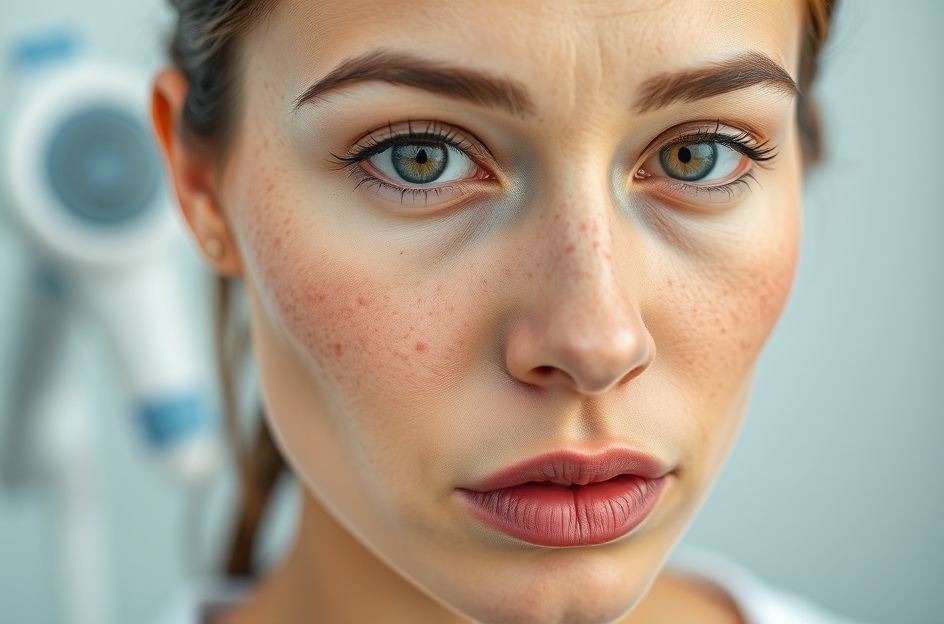Moderate to severe acne can significantly impact a large portion of the face and other affected areas, manifesting as whiteheads, blackheads, pustules, and papules. It’s crucial to seek treatment from a dermatologist as soon as an outbreak is observed to prevent potential scarring. Acne scars can take two forms: pockmarks or pits, and raised, thick tissue. Early consultation with a doctor is essential to prevent scar formation and the progression of acne to a more severe state. Individuals prone to scar formation, especially those with a tendency to form keloids, should consult a dermatologist immediately, as treating scars can be a challenging process. Preventing acne from escalating to a severe form is the best approach to avoid scarring.
A dermatologist may employ various methods to treat moderate to severe acne. Physical treatments, such as the physical removal of comedones or the application of blue light therapy, are common options. These physical treatments can be combined with topical applications or oral medications to enhance their effectiveness.
Oral medications for acne treatment may include antibiotics, nonsteroidal anti-inflammatory agents, or oral isotretinoin, depending on the severity of the acne and the individual’s skin type. Topical medications, such as antimicrobials, retinoids, and over-the-counter (OTC) medications, may also be prescribed. Oral contraceptives can be an effective treatment option for women experiencing acne.
Disclaimer: This information is intended for educational purposes only and should not be considered medical advice. It is not a substitute for professional medical consultation. Always consult with your doctor regarding any medical concerns and before following any tips or advice presented in this article. The author is not liable for any outcomes or damages resulting from the information provided herein.
